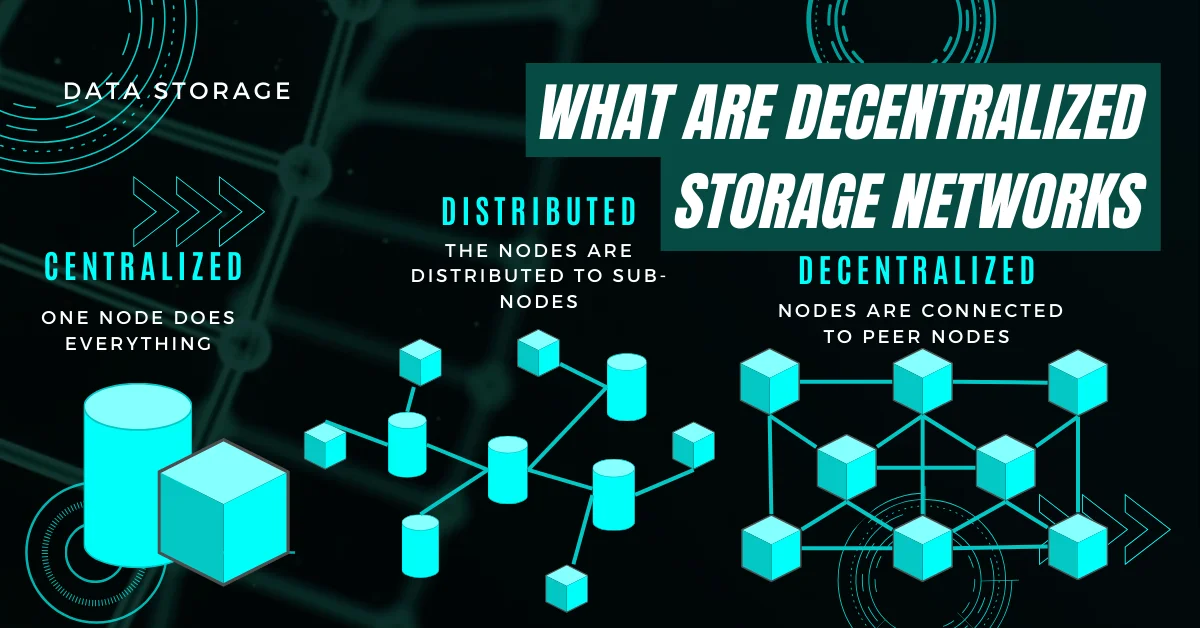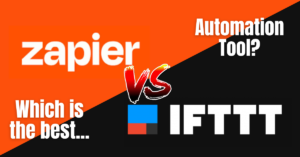Are you tired of not having enough control over your personal data?
Do you want to know what are Decentralized Storage Networks?
Decentralized Storage Networks are systems that use multiple distributed nodes to store data securely and efficiently, reducing reliance on a single central server.
Decentralized storage networks (DSN) are changing the game by distributing data across a global network of computers. This blog will guide you through how these networks offer a more secure, private, and efficient way to store your information.
Keep reading to see what makes Decentralized Storage Networks so special!
Table of Contents
Key Takeaways
- Decentralized storage networks scatter your data across many computers worldwide. This makes your files safer and keeps you in control.
- These networks are cheaper than traditional storage because they use shared resources. They also speed up downloads by connecting multiple nodes.
- Decentralized systems don’t have a single failure point, making them very reliable. Your files stay safe even if part of the network goes down.
- Networks like Arweave, BitTorrent, and Storj offer various benefits, including secure and permanent data storage with the help of blockchain technology.
- Future improvements will tackle current limits on how much data can be stored and accessed quickly. This means decentralized storage will only get better over time.
Understanding Decentralized Storage – What are Decentralized Storage Networks
What is decentralized storage?
Exploring the concept and differences from centralized storage.
Definition and concept
Decentralized storage networks are like a giant puzzle spread across many computers around the world. Each piece of the puzzle is a bit of data, stored not in one place, but scattered across multiple nodes or computers connected by blockchain technology.
This setup means your photos, videos, and documents don’t rely on a single entity or server for storage. Instead, they become part of a distributed ledger technology that nobody owns but everyone contributes to.
By distributing data this way, these networks ensure that you control your own information without depending on centralized cloud storage services.
The beauty of decentralized file storage lies in its use of peer-to-peer (P2P) networking to connect all these nodes together. When you want to retrieve your file from the network, it combines pieces from different nodes to give you what you need quickly and securely.
This method not only improves data security and privacy but also makes the system more resilient against failures since there’s no single point where everything can break down. Moving forward, let’s compare how decentralized storage stands up against traditional centralized models.
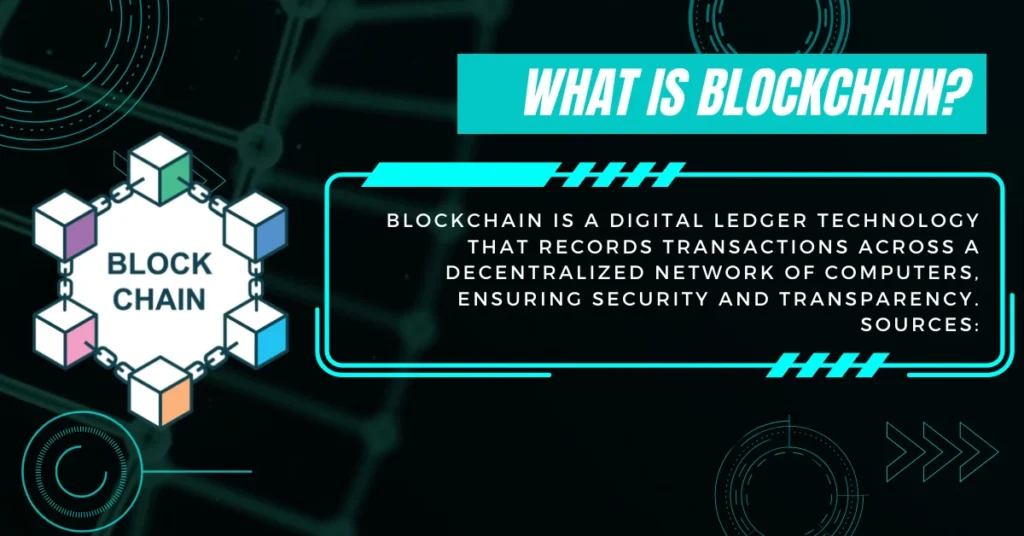
Comparison with centralized storage
Moving from understanding the definition and concept of decentralized storage networks, let’s now explore how they stack up against centralized storage systems. This comparison will help you grasp why this technology is becoming a game-changer in how we store and manage data today.
| Feature | Centralized Storage | Decentralized Storage Networks |
|---|---|---|
| Control Over Data | Managed by central entities | Users have control over their data |
| Data Storage Location | Data stored in specific locations | Data files spread across geographically distributed nodes |
| Security and Privacy | Potential for breaches and privacy concerns | Improved security through encryption and distribution |
| Point of Failure | Single point of failure | No single point of failure, enhancing reliability |
| Cost | Can be expensive due to infrastructure and maintenance costs | Lower cost due to shared resources |
| Data Integrity | Depends on the entity’s measures and policies | Enhanced through blockchain technology |
| Speed | Can be fast but varies with traffic and server load | Faster download speeds through P2P networking |
So, while centralized storage has been the norm, the evolution towards decentralized systems offers a promising future where you can enjoy more control, better security, and potentially lower costs for storing your precious memories, documents, and more.
Benefits of Decentralized Storage Networks
Decentralized storage networks offer increased security, privacy, and faster download speeds while also reducing costs. They eliminate the risk of a single point of failure and enhance data integrity for improved performance.
Improved security and privacy
Decentralized storage networks enhance your security and privacy by using advanced encryption techniques to protect your data. With these systems, you have full control over who can access your information, reducing the risk of unauthorized access.
This means that you can trust that your files are kept safe and private across this distributed network without relying on a central authority.
No single point of failure
Moving on from enhanced security and privacy, it’s essential to understand the concept of “no single point of failure” in decentralized storage networks. This approach ensures that even if one or more nodes in the network fail or are compromised, your data remains accessible and secure.
This is achieved through redundancy and fault tolerance which means that your files are copied across multiple nodes, ensuring constant availability without reliance on a single system or entity.
Decentralized storage networks uses resilience by design, which gives you a robust solution to safeguard your data against potential failures or attacks.
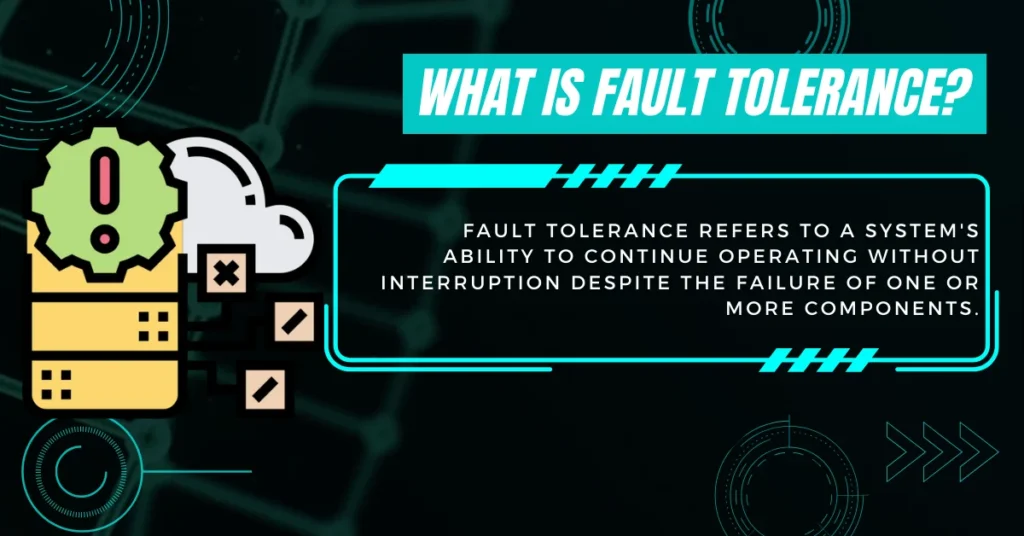
Faster download speeds
With decentralized storage networks, you can benefit from faster download speeds. By distributing data across a network of interconnected nodes, these systems enable quicker access to your files and information.
As a result, you experience improved efficiency in downloading content compared to traditional centralized storage solutions. This means less waiting time and more seamless access to the data you need.
Decentralized storage networks leverage the power of peer-to-peer connectivity to enhance download speeds. Through this distributed approach, you can enjoy faster retrieval of your stored files and data, enhancing your overall user experience when accessing information from the network.
Lower cost
Decentralized storage networks offer a cost-effective solution as they utilize a distributed model, reducing the need for expensive data centers. This means that maintenance and upkeep expenses are minimized, ultimately leading to lower costs for you.
By removing the reliance on centralized entities and their associated fees, decentralized storage networks can provide an affordable alternative for storing your data securely.
Enhanced data integrity
Enhanced data integrity is a key aspect of decentralized storage networks. Your data is stored across multiple nodes, making it extremely resilient to any potential corruption or tampering.
This distributed approach ensures that your data remains intact and unaltered, providing you with a high level of reliability and trust in the integrity of your files. By leveraging encryption and redundancy, decentralized storage networks safeguard your data against unauthorized access or modifications, offering you peace of mind regarding the security of your information.
Now, let’s explore some Top Decentralized Storage Networks in this space and how they can benefit you.
Top Decentralized Storage Networks
Now we will explore the leading decentralized storage networks up there, like Arweave, BitTorrent, Filecoin, MaidSafe and Safe Network, as well as Storj and Tardigrade.
Arweave
Arweave is a decentralized storage network that stands out for its ability to permanently store data. It uses blockchain technology to ensure data integrity and security, making it highly resilient against tampering or loss.
The network works by spreading data across a multitude of participating computers, also known as nodes, creating redundancy for enhanced reliability. Arweave doesn’t rely on traditional download servers; instead, it compensates users who store the data through cryptocurrency rewards.
This unique approach not only ensures long-term storage but also provides an incentive system that encourages community participation in maintaining the network’s functionality and accessibility.
Arweave allows you to store large volumes of information at low cost while guaranteeing both privacy and permanence in storage. This forward-thinking design eliminates concerns about losing access to important files or data due to central control failures or technical issues.

BitTorrent
Now, let’s take a look at BitTorrent. BitTorrent is recognized as one of the pioneers in decentralized file sharing. It operates on a peer-to-peer network where users share files directly with each other rather than relying on a single central server.
This network model allows for faster and more efficient file transfer, making it ideal for large file distribution, including media content such as movies and music.
BitTorrent’s decentralized nature ensures that there is no single point of failure, leading to improved resilience against system failures or cyber attacks. This means your data is safer from potential threats like hacking or downtime that can occur in centralized systems.
In addition to enhancing security and privacy, this approach also enables faster download speeds by leveraging the collective bandwidth of all its users.
Overall, in my experience BitTorrent illustrates the benefits of decentralized storage networks. It provides an efficient and resilient platform for sharing large files with direct peer-to-peer interactions.
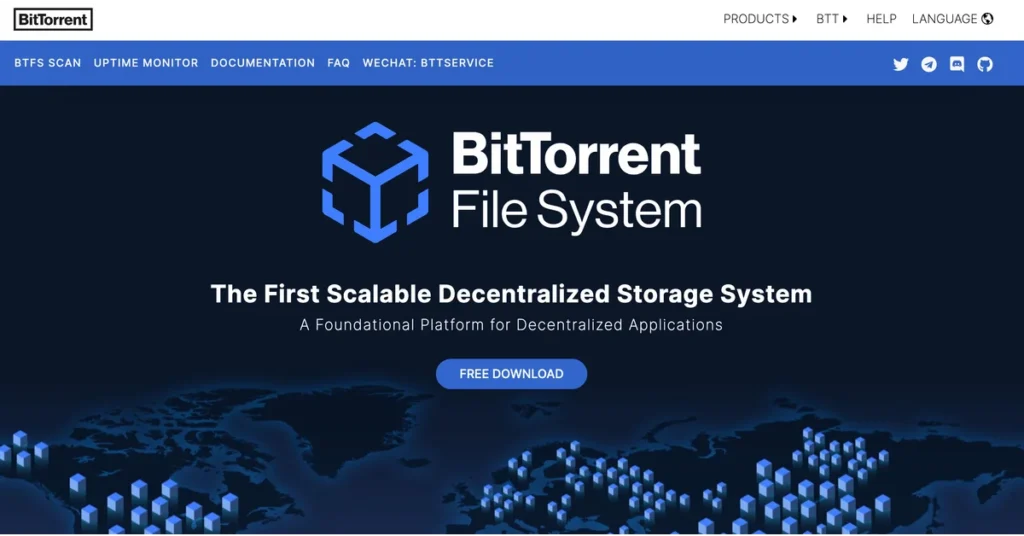
Filecoin
Filecoin is a decentralized storage network that uses blockchain technology to enable users to store and retrieve data. It operates on the principles of decentralization, distributing data across a network of interconnected nodes.
This helps in providing enhanced security and privacy for your stored information. Filecoin aims to create an efficient and cost-effective storage solution by leveraging distributed storage nodes connected via P2P networking.
By doing so, it allows for faster download speeds while ensuring the integrity of your data files.
By distributing data across the network, Filecoin eliminates reliance on centralized entities for data storage and management. This not only increases resilience but also ensures accessibility to your stored information whenever you need it.
You can benefit from improved control over your online presence through decentralized solutions like Filecoin.
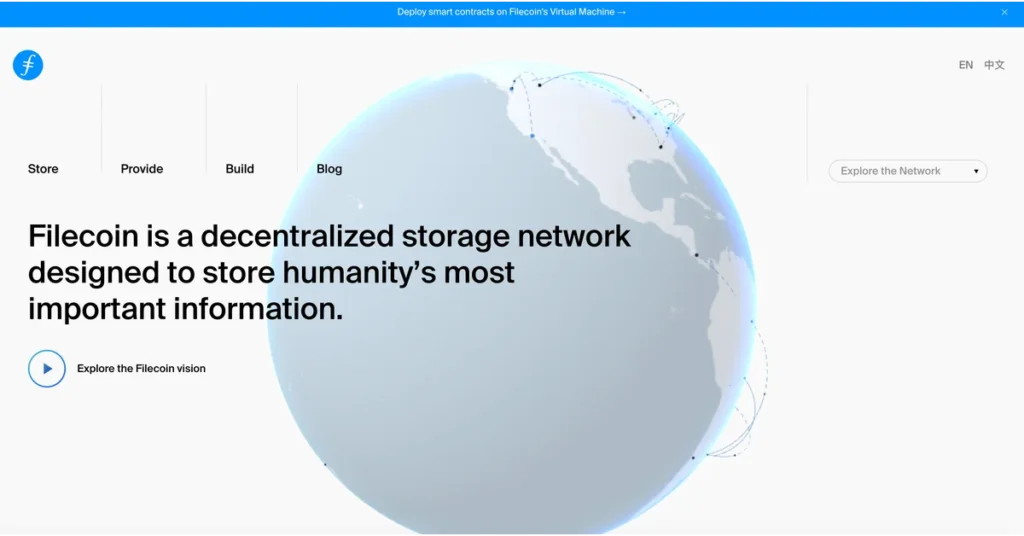
MaidSafe and Safe Network
MaidSafe and Safe Network are significant players in the decentralized storage realm. They focus on ensuring data privacy and security by employing a unique network design. The Safe Network stores data across a vast network of users’ devices, making it highly secure and private.
Utilizing blockchain technology, MaidSafe offers an innovative approach to peer-to-peer data storage, which enhances data integrity and accessibility for users.
These networks represent the future of decentralized storage, providing secure and autonomous solutions that put users in control of their online presence and data. MaidSafe’s use of redundant storage nodes ensures robustness while maintaining high levels of security with its encrypted network protocols.
Storj and Tardigrade
Moving on from MaidSafe and Safe Network, let’s delve into Storj and Tardigrade. Storj is a decentralized cloud storage platform that utilizes encryption and blockchain technology to secure your data across its network of individual storage nodes.
The system offers improved security by breaking files into smaller pieces, encrypting them, and distributing them across the network, making it highly resistant to unauthorized access.
On the other hand, Tardigrade leverages unused hard drive space around the world to provide efficient and cost-effective decentralized storage solutions. With its robust encryption protocols and redundancy features, Tardigrade ensures high data availability while maintaining privacy and security.
Storj empowers you with control over your online identity by offering a user-friendly interface for managing your stored data securely. Similarly, Tardigrade provides an easy-to-use platform for individuals seeking more than just traditional centralized storage options; it guarantees enhanced privacy via its distributed architecture without compromising on accessibility or reliability.
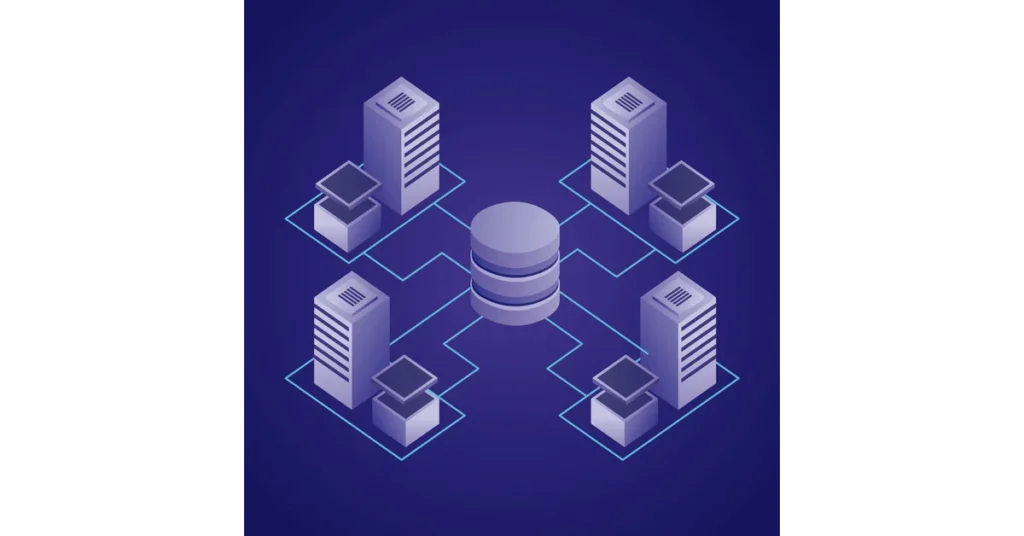
Image by gstudioimagen on Freepik
Limitations and Future of Decentralized Storage Networks
But not all is good, Decentralized storage networks face limitations in scalability and accessibility. The future holds promise for improved technology and larger use of this solution.
Limitations of current systems
Current decentralized storage systems face challenges in terms of scalability, as they can struggle to handle large volumes of data efficiently. Another limitation is the potential impact on download speeds, especially during peak usage times when network congestion may occur.
Furthermore, existing decentralized storage networks may encounter difficulties with user adoption due to unfamiliarity and a lack of mainstream integration. However, these limitations contribute to ongoing developments aimed at overcoming such obstacles and improving the overall performance of decentralized storage networks.
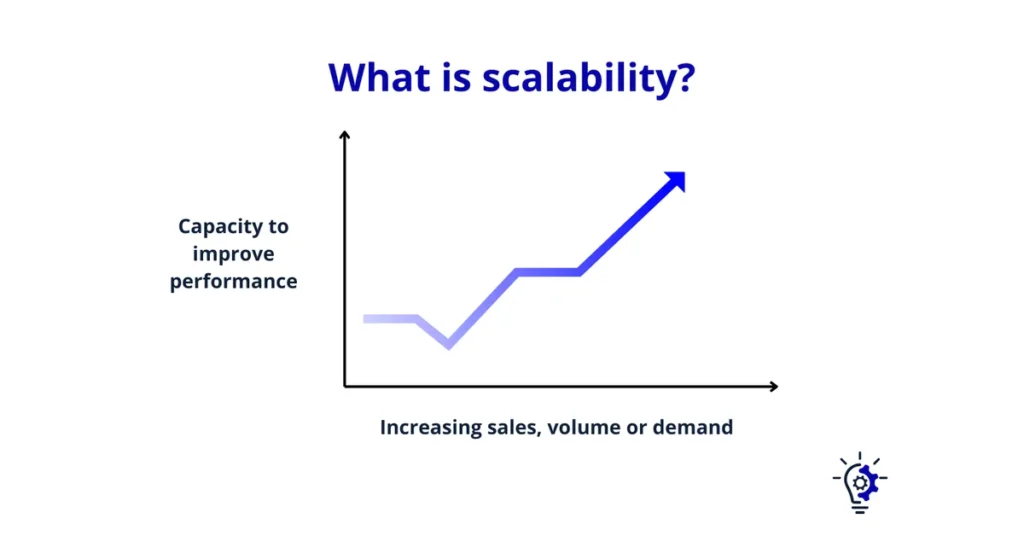
Potential for growth and advancements
As decentralized storage networks evolve, they hold immense potential for growth and advancements. The demand for secure and private data storage solutions is on the rise, driving innovation in decentralized network technology.
With an increasing number of users seeking more than just traditional centralized systems, decentralized storage networks are designed to enhance accessibility while providing robust security measures.
They offer a solution-oriented approach to data management by distributing information across a network of nodes to improve resilience and access. This shift towards decentralized systems underpins the ever-evolving realm of data storage, empowering individuals with control over their online presence.
Decentralized storage networks continue to unlock the secrets of secure and efficient data management while meeting the growing need for distributed yet accessible solutions. As these technologies progress, they represent a key advancement in safeguarding digital assets and personal information from potential vulnerabilities often associated with traditional centralized systems.
Comparison with centralized solutions
Decentralized storage networks, unlike centralized solutions, distribute data across interconnected nodes, making it less vulnerable to single points of failure. This means that your files are scattered across various locations instead of being stored in a single place. Additionally, decentralized networks empower users by giving them control over their data and online identities without relying on centralized entities for management and security. Compared to traditional centralized systems, decentralized storage offers improved security and privacy because the data is not stored in one central location.
Moving forward to the benefits of decentralized storage networks…

Conclusion
You are now familiar with decentralized storage networks, a revolutionary solution that empowers users and enhances data security. They leverage blockchain technology to distribute data across interconnected nodes, freeing you from reliance on centralized entities.
With faster download speeds, lower costs, and improved privacy, decentralized storage is the future of data management. Explore these popular services for an even deeper understanding of this game-changing technology!
FAQs
1. What are decentralized storage networks?
Decentralized storage networks let you save your files across many places on the internet instead of just one spot. This way, no single company controls where your data lives.
2. How do decentralized data storage systems work?
These systems spread your files across a network of computers around the world, like blockchain-based storage does. When you store something, it gets broken into pieces and encrypted for safety before being sent out to different networked storage nodes.
3. Why should you use decentralized data networks?
You might choose them because they are safer and harder for hackers to attack. Your files get split up and stored in many places, making it tough for anyone to see or steal your information.
4. Can anyone access my files in a decentralized data storage system?
No! Your files are safe because they’re encrypted with special codes that only you have access to. Even though they’re stored on peertopeer networks, only you can unlock and see them.
5a.Are there any benefits of using distributed storage networks over traditional network storage?
Yes! Distributed storage networks offer more security through encryption and decentralization of files which means no single point can fail or be attacked easily unlike traditional network storage where all data is kept in one place.


